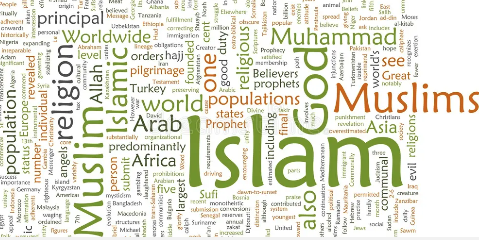The Difference Between Jizyah, Zakat, and Sadaqah in Islam

Understanding the distinctions between jizyah, zakat, and sadaqah is essential, especially as these terms are sometimes misunderstood or misused in public discourse. Each represents a unique concept within Islamic financial and social ethics, with different legal rulings, recipients, and societal functions.
1. Zakat
- Definition: Zakat is one of the five pillars of Islam. It is a mandatory financial obligation imposed on eligible Muslims, calculated as a fixed percentage of wealth once it reaches a certain threshold and remains for a full lunar year.
- Legal Status: It is a religious obligation (fard) for Muslims who meet the criteria. Denial of zakat is considered a serious violation in Islamic jurisprudence.
- Recipients: Zakat is distributed to specific categories such as the poor, the needy, those employed to collect it, and others as outlined in Islamic law.
- Social Function: Zakat aims to promote economic justice, reduce poverty, and establish a safety net within the Muslim community.
2. Sadaqah
- Definition: Sadaqah refers to voluntary charity given by Muslims out of goodwill, which may include money, food, clothing, or acts of kindness.
- Legal Status: It is recommended (mustahabb) but not obligatory. It is highly encouraged and considered a means of spiritual purification and social support.
- Recipients: Sadaqah can be given to anyone in need, including non-Muslims.
- Social Function: It fosters compassion, empathy, and community solidarity, encouraging personal initiative in helping others.
3. Jizyah
- Definition: Jizyah is a tax historically levied on non-Muslim residents (known as dhimmis) living in an Islamic state, in exchange for protection and exemption from military service and zakat.
- Legal Status: It is a civic obligation, not a religious act of worship. It is part of a contractual agreement between the state and non-Muslim citizens.
- Recipients: Jizyah is paid to the state and used for public services, defense, and infrastructure.
- Social Function: It represents the non-Muslim’s contribution to the state and guarantees full rights to security, justice, and public services without coercion or discrimination.
Summary Table
| Concept | Who Pays It? | Legal Status | Given To Whom? | Purpose |
|---|---|---|---|---|
| Zakat | Eligible Muslims | Obligatory | Specific categories | Economic justice |
| Sadaqah | Any Muslim | Voluntary | Anyone in need | Humanitarian support |
| Jizyah | Non-Muslim residents | Civic obligation | The Islamic state | Social contribution |
Open-Access References
